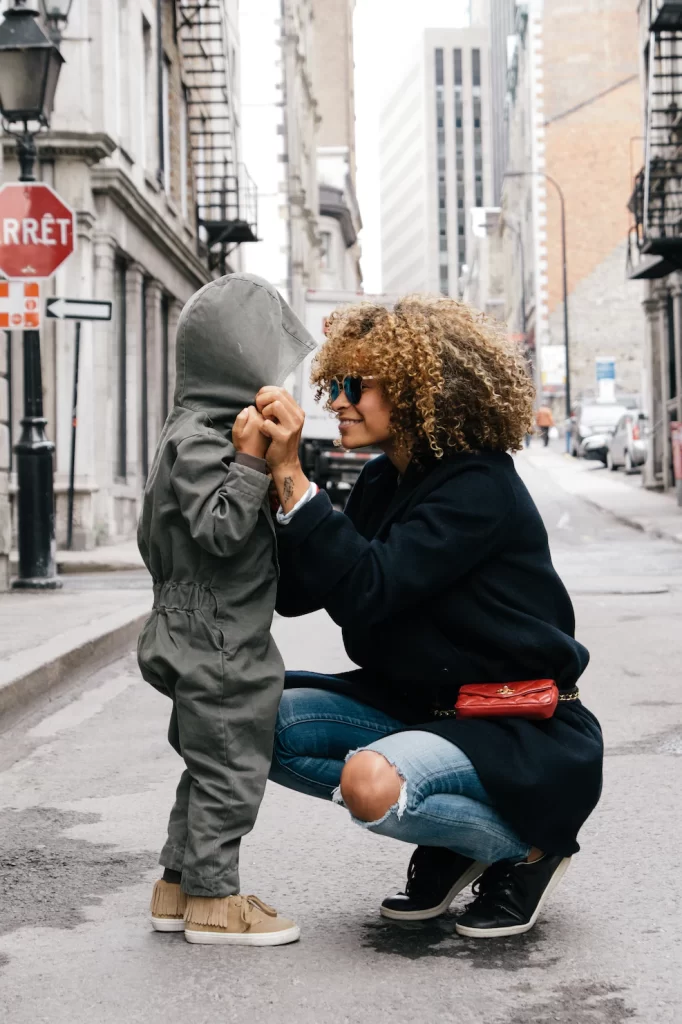By Iris Farrou
19 Jun, 2023
Fatherhood, Mental Health, Parenting, Queer Health, Reproductive health, Sexual health, Women's Health, Young adults & teens
Adolescents, Ally, Bisexual, Gay, Gay-Straight Alliance, Gender Identity, Gender Terminology, Gynecologist, Gynecology, health, Helping my LGBTQ child, Inclusive Sexual Health Education, Intersex, Lesbian, LGBTQ, LGBTQ Youth Support, LGBTQIA+, Neurodivergent, Non-Binary, OBGYN, Pre-Teen, Pride Month, Pronouns, Queer, Sexual Behavior, Teen, Teenagers, Transgender, Youth

Most parents nowadays try to ensure their kids have a well rounded education when it comes to sexual health and safety, and “the talk” has been appropriately modified–in most households–to expand beyond the heteronormative model of sexual intimacy. Teenagers are exposed to diverse models of relationships, and abundant resources are available for those who explore their sexual and gender identity.
Despite the positive rise, the statistics on LGBTQ-focused sex ed in schools remain low. In a 2015 survey only 12% of the Millennial participants reported that their school’s sex ed curriculum covered same-sex relationships–and that’s not even discussing sexual or gender identity. It becomes clear, then, that it is up to parents and medical professionals to be more educated, to be better allies to LGBTQ kids and youth, and to be a safe space for them. According to the National Center on the Sexual Behavior of Youth “children’s sexual awareness starts in infancy and continues to strengthen throughout preschool and school-age years,” so no matter how young your child is, they know what’s going on with their body and it is your job as a parent to support them.
How can I be an Ally?
Just as it is with any support system, the best way to be an ally is to educate yourself; on LGBTQ history, sex and gender terminology, legal issues, local issues in your city, school issues that may have come up in your child’s school. LGBTQ youth are more likely to be bullied in school, and to search for information on the internet– which often leads them to not credible sources.
- Be a Visible Safe Person: it is important to show your kids you are supportive of the LGBTQ community, and that you are open to conversations about sex and gender. This can be as simple as bringing home a book about queer issues, or a pamphlet from your local Pride Center; you can also initiate conversations about the history, rights, and health of the LGBTQ community. Even a film night is a great way in!
- Support Local Queer Organizations: if there is a Gay-Straight Alliance (GSA) at your child’s school, be an active participant in their efforts for inclusivity, policy, and curriculum changes. If there is a Pride Center where you live, take your kids to family-friendly events. Should a Pride Parade happen in your town or nearby, go the extra mile, or walk the rainbow mile with your kids.
- Provide Reading Materials: just like with any topic, there are age-appropriate books for your child to help them learn more about the LGBTQ community. Visit your local bookstore and ask for the latest publications, and take a look at The Rainbow Collection of the American Psychological Association: https://go.maginationpress.org/rainbow-collection/
- Be a Source of Knowledge: it is impossible to be an encyclopedia for everything your child asks you. But for topics on which misinformation is rampant, is it not important to be a trustworthy source of knowledge? The CDC has an excellent LGBT Health page you can consult as a “crash course,” and they also have a list of regional LGBT Health Services.
Use the Right Words: when your child first becomes interested in their body, or if your toddler or pre-teen asks questions, you can expand the discussion and include appropriate terminology to talk about gender, and talk with them about how pronouns are important outside of their grammar exercises. If your teen is being more direct with their questions, the Gay, Lesbian & Straight Education Network (GLSEN) can help you and them on Inclusive Sexual Health Education, and they can also visit a well-researched and peer-edited page written for teens by teens: https://sexetc.org/
More
By Iris Farrou
09 May, 2023
Early Childhood Education, Fatherhood, Parenting, Queer Health, Reproductive health, Sexual health, Toddler Health, Women's Health, Young adults & teens
Adolescents, body positivity, Hormone Changes in Children, How to explain sex, How to teach children about sex, Parenting Preteens, Preteen, Safe Sex for Teens, Self-Stimulation, Sex Ed, Sexual Education for Toddlers, Teaching Boundaries, Tween, When should I explain sex, Where do babies come from

If you are parenting a teenager, you are probably thinking of when would be the right time to have “the talk.” Well, the time starts when curiosity strikes in their toddler years! You don’t have to turn back time, but if you are a new parent you may want to start taking notes: it is never too early to start talking to your children about sex education, their bodies, and relationships. Consider sex education a broad subject, and not just an awkward talk about hormone-driven intimate moments.
Sex education includes talking with your children about anatomy, teaching them the proper names for their body parts as soon as they start making associations between items and words, educating them on how to take care of themselves and their bodily functions, and being by their side when they start being able to express their feelings and/or they start to understand themselves in relation to others; relationships and boundaries are also part of sex education.
Early Exploration
It is best to let your toddler set the time for questions regarding anatomy and sex, but you should also be aware of what questions may be opportunities for further discussions. For example, during bath time you can take the opportunity to talk with your child about their anatomy, and which parts of the body are private. Keep your answers short and simple, and age appropriate– if your child seems confused about something, don’t be embarrassed to explain further. You are, after all, the role model: the more maturely you approach the conversation, the more secure your child will feel about your knowledge.
Curiosity
It is not uncommon for toddlers to express their natural curiosity through self-stimulation. If you notice your child engaging with their genitals, it is advised to encourage their curiosity while also reminding them that some acts and areas of the body are private. This self exploration may coincide with curiosity about others, which can lead to uncomfortable social interactions. If your child asks about pregnancy or “where do babies come from” in front of others, it’s ok to take a moment in a social setting to explain some things to them. Should the question have made someone else uncomfortable, take the opportunity to apologize on behalf of your child, and model boundary-respectful behavior for them. It is also normal during this time for children to want to play doctor with their friends, and many families choose to monitor their children’s play time at this stage of their development, or set limits.
New Knowledge
As much as you may try to be open with your child and monitor their knowledge of sex education matters, you should be aware that new knowledge always finds its way to young children. Unfortunately, new knowledge may not always come from reputable sources or be truthful and accurate. If your child asks you a question that seems off, or hasn’t been discussed in your household, the best course of action would be to ask them where they heard that, or try to locate the source of the information. Then, you could ask them to share what they already know about the topic and begin a conversation with them. It is important to let your child know you are comfortable with those questions, knowledgeable on the topics, and that they can trust you with their curiosity.
https://www.mayoclinic.org/healthy-lifestyle/sexual-health/in-depth/sex-education/art-20044104
https://www.plannedparenthood.org/learn/parents/tips-talking
More


